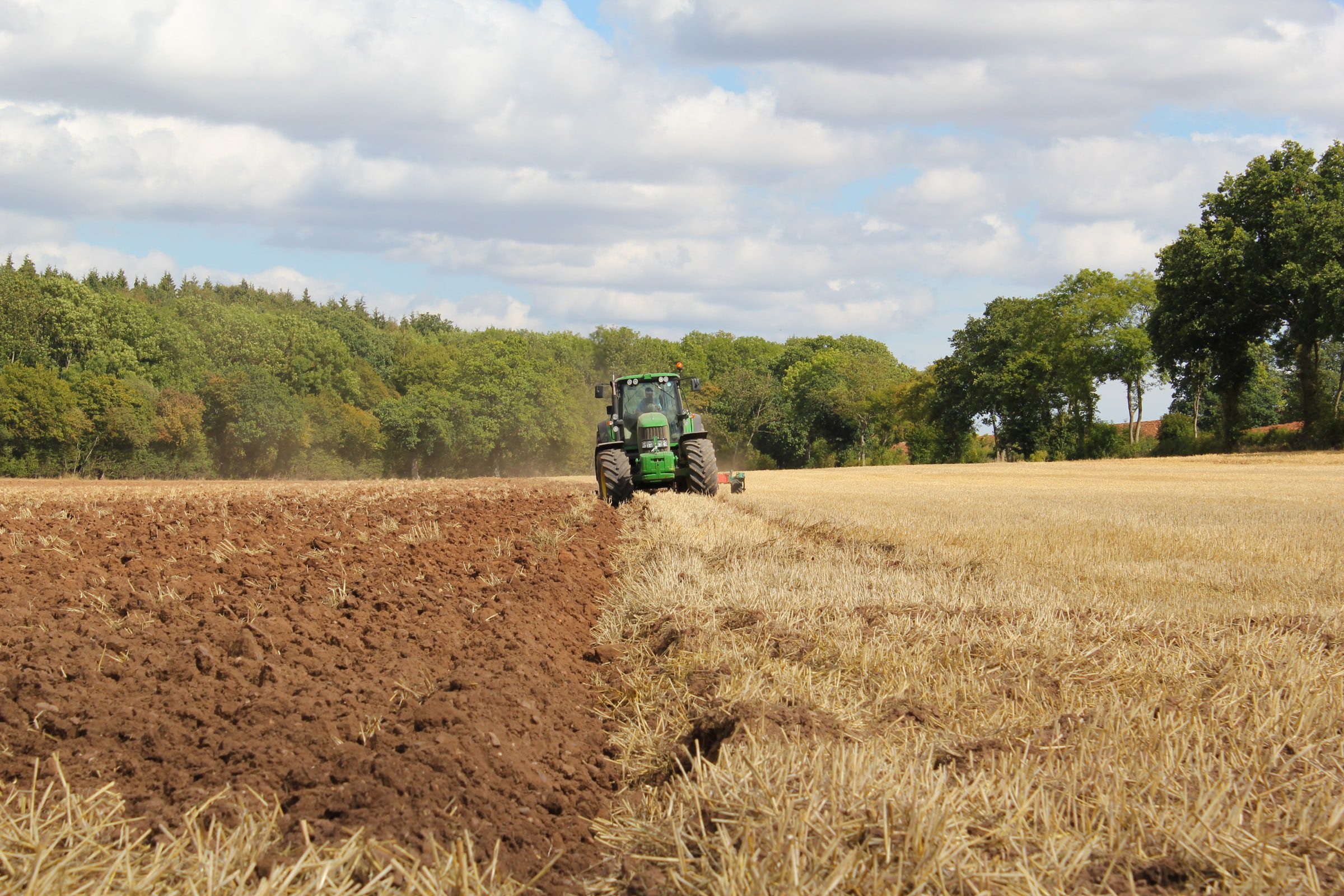The Latest Round of USDA Grants Supports Agricultural Innovation in Both Public and Private Sectors.
The U.S. Department of Agriculture (USDA) and the National Institute of Food and Agriculture (NIFA) have issued several grants for agriculture innovation research. The USDA awarded $500,000 to researchers at Texas Tech to study how soil composition can help farming become more profitable and sustainable, while the NIFA doled out $2.3 million to support small business projects related to plant and animal production as well as conservation of natural resources.
Scientists from Texas Tech’s Department of Plant and Soil Science are studying ways to conserve natural resources while lowering carbon emissions.
Water conservation is a primary focus of the research as droughts in this part of the country frequently affect farmers.
“We are looking at grazing systems, forage crops, pastures, that do not need to use so much water for irrigation,” said Chuck West, professor emeritus of plant and soil science at Texas Tech.
The research team is also examining various plants that can help soil bacteria consume more methane and retain additional nutrients. Alfalfa, for example, adds nitrogen to the soil which helps retain more water and other essential minerals.
“We’ve been looking at growing grasses, especially a perennial grass called old world bluestem,” said West. “Which is quite drought tolerant, very, very hardy, a persistent grass, and also adding alfalfa to it.”
Alfalfa also helps cattle gain weight faster since it has more protein and less fiber than other types of grass. This means cattle can grow quickly without the added methane that can arise from other diets.
Ultimately, the goal is to use soil to yield pastures that require less water and cattle that survive droughts with minimal intervention from farmers. If and when the study’s findings are applied to industrial agricultural practices, it could dramatically lower the emissions of farming and ranching in the West Texas region.
But it’s not just academia that’s interested in agricultural innovations. Small businesses are also making strides in this area. NIFA’s Small Business Innovation Research program has awarded several grants to agricultural organizations across the country to fund projects that address healthy plant and animal production.
“NIFA’s Small Business Innovation Research program stimulates technological innovations in the private sector and strengthens the role of federal research and development in support of small businesses,” said NIFA Director Dr. Carrie Castille. “This program also fosters and encourages participation by women-owned and socially or economically disadvantaged small businesses.”
Some of the funded organizations include Southern Escape Vanillery of Homestead, Florida, Pan Genome Systems of Madison, Wisconsin, and Giner, Inc of Newton, Massachusetts. Southern Escape Vanillery is looking into new ways to cultivate vanilla that can support rural communities while Pan Genome Systems is testing newer – and hopefully better – vaccines to treat respiratory infections in poultry. Giner, Inc. is working to develop a sensor that can detect the presence of E. coli in water. The sensor will allow produce farmers to better monitor the water used to grow their crops.
All of the funded projects could have a significant impact on the farming industry, not just for agricultural practices in individual regions but across the country. Applications for the next round of NIFA funding open this month with a deadline of October 2021.





